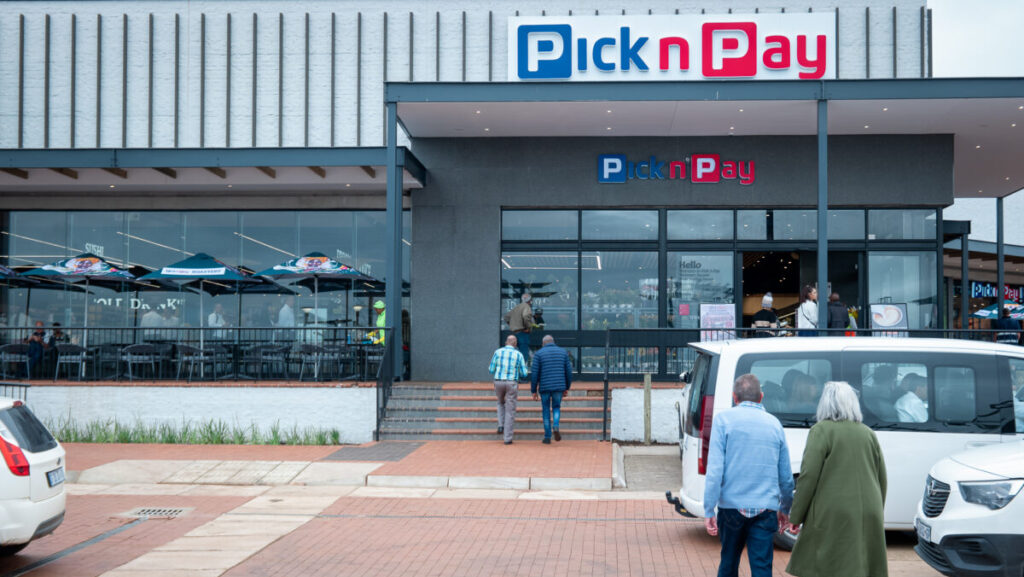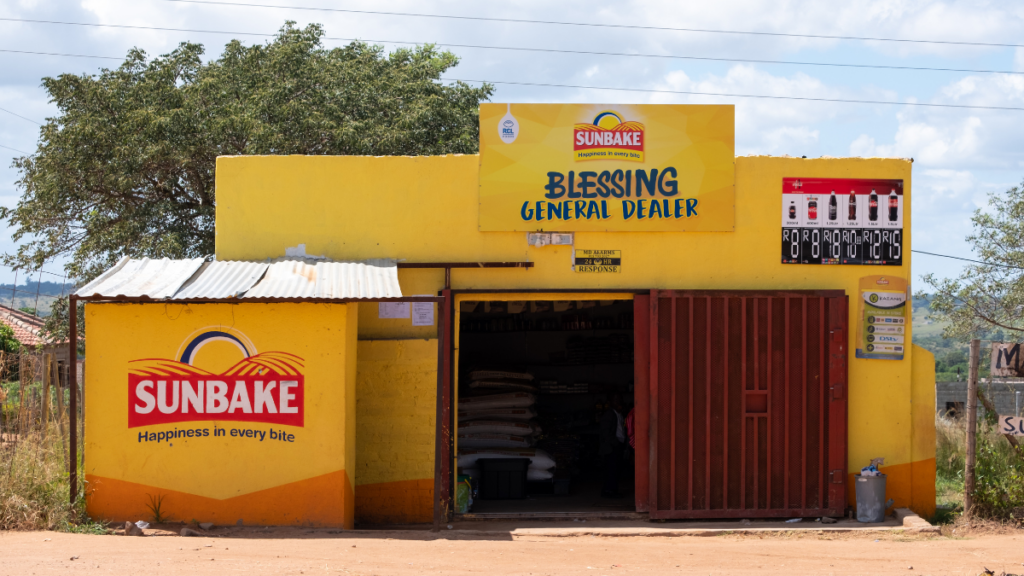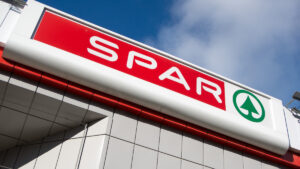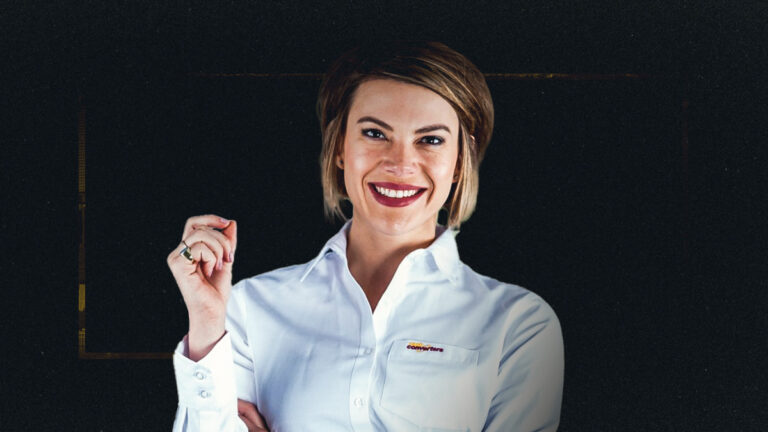Major threat to Pick n Pay and other retailers in South Africa

Pick n Pay has warned that South African retailers face the growing threat of increased competition from the rapid expansion of the informal economy and its retail sector.
In its latest annual results, the retailer outlined the country’s difficult operating conditions, including low economic growth, high unemployment, inflationary pressure, and persistent infrastructure challenges.
“Consumers are increasingly price-sensitive, demanding better value and lower prices,” Pick n Pay said, adding that the entire retail market is undergoing a “structural shift.”
This shift is being shaped by rising demand for discount and value-driven retail formats. “Cash-strapped consumers are increasingly turning to retailers that offer low prices, trusted quality, and convenience,” the group said.
As South Africans battle the high cost of living, the data shows they are making different choices about where and how they shop, and the traditional supermarket model is under pressure.
Globally, discount retailers hold a much larger share of the grocery market than they currently do in South Africa. This suggests significant room for growth in the value segment.
Locally, however, informal retailers are already capturing a massive portion of consumer spend.
Informal players such as spaza shops and independent traders continue to grow, while major retailers are overexposed in urban areas, leading to strain and underperformance.
Pick n Pay said informal trade growth is in township and peri-urban areas, with spaza shops being increasingly attractive for their lower prices and better proximity.
New developments are also helping to accelerate this trend.
“New regulatory developments, such as the removal of lease exclusivity clauses and the R500 million Spaza Shop Support Fund, are creating new avenues for both formal and informal retail expansion,” said Pick n Pay.
In such a fast-changing landscape, the company emphasised that “scale, operational efficiency, and a strong customer value proposition are critical to sustaining growth and relevance.”
To stay competitive, Pick n Pay is optimising its store formats, adapting store sizes and locations to better serve local markets, and scaling its Boxer chain to meet demand.
The group also plans to expand its private and confined label products, strengthen its supply chain and pricing competitiveness, and invest in digital capabilities to support personalised offerings and operational agility.
“We also aim to grow Pick n Pay Clothing to offer more value for money to our customers,” the group said.
The hidden economy is booming

The urgency behind Pick n Pay’s moves stems in part from the explosive growth of the informal economy.
Informal economy expert GG Alcock estimated the value of the sector at between R600 billion and R750 billion, with the spaza and superette segments alone accounting for around R180 billion.
According to Alcock, the informal sector has grown at a compound annual rate of 14.17% over the past five years, significantly faster than the formal retail market and the economy as a whole.
This has attracted the attention of major players. Listed companies like Shoprite and Tiger Brands are now exploring ways to tap into this informal space, which is driven by community entrepreneurship and supported by local consumer loyalty.
Alcock described it as an essentially circular economy where “businesses are created by residents and supported by their fellow township citizens.”
Research from Trade Intelligence indicates that 11.1 million South Africans shop in the informal sector, citing affordability and convenience as key drivers.
These outlets, from hawkers and small spazas to mini wholesalers, account for as much as 40% of annual food purchases and provide 77% of the population’s calorie consumption.
Outgoing Capitec CEO Gerrie Fourie has also weighed in on the subject, describing the informal economy as “booming” and misunderstood.
“What is interesting is when you look at the unemployment rate, we talk about 32%. But Stats SA doesn’t count self-employed people,” he said.
“I really think that is an area we must correct. The unemployment rate is probably actually 10%. There are ownship entrepreneurs that are earning roughly R1,000 a day ”
Fourie said Capitec has confidence in this sector because its retail banking operations contain over 2 trillion data points, which show where income is generated and how money is spent.
The bank plans to expand its presence in the space using transparent pricing and competitive fees, a strategy that has already attracted 24 million retail customers.
Nedbank has taken notice too, recently flagging Capitec’s growing focus on SME lending as one of the toughest competitors among its peers.
Pick n Pay’s latest financial results showed group turnover rose 5.62% to R118.61 billion, but the business still reported a loss of R651 million for the 2025 financial year.
This is, however, a major improvement from the R3.3 billion loss the year before.
Much of the group’s performance was lifted by Boxer, which delivered a R2.31 billion trading profit, offsetting a R549 million trading loss in the core Pick n Pay brand.




















